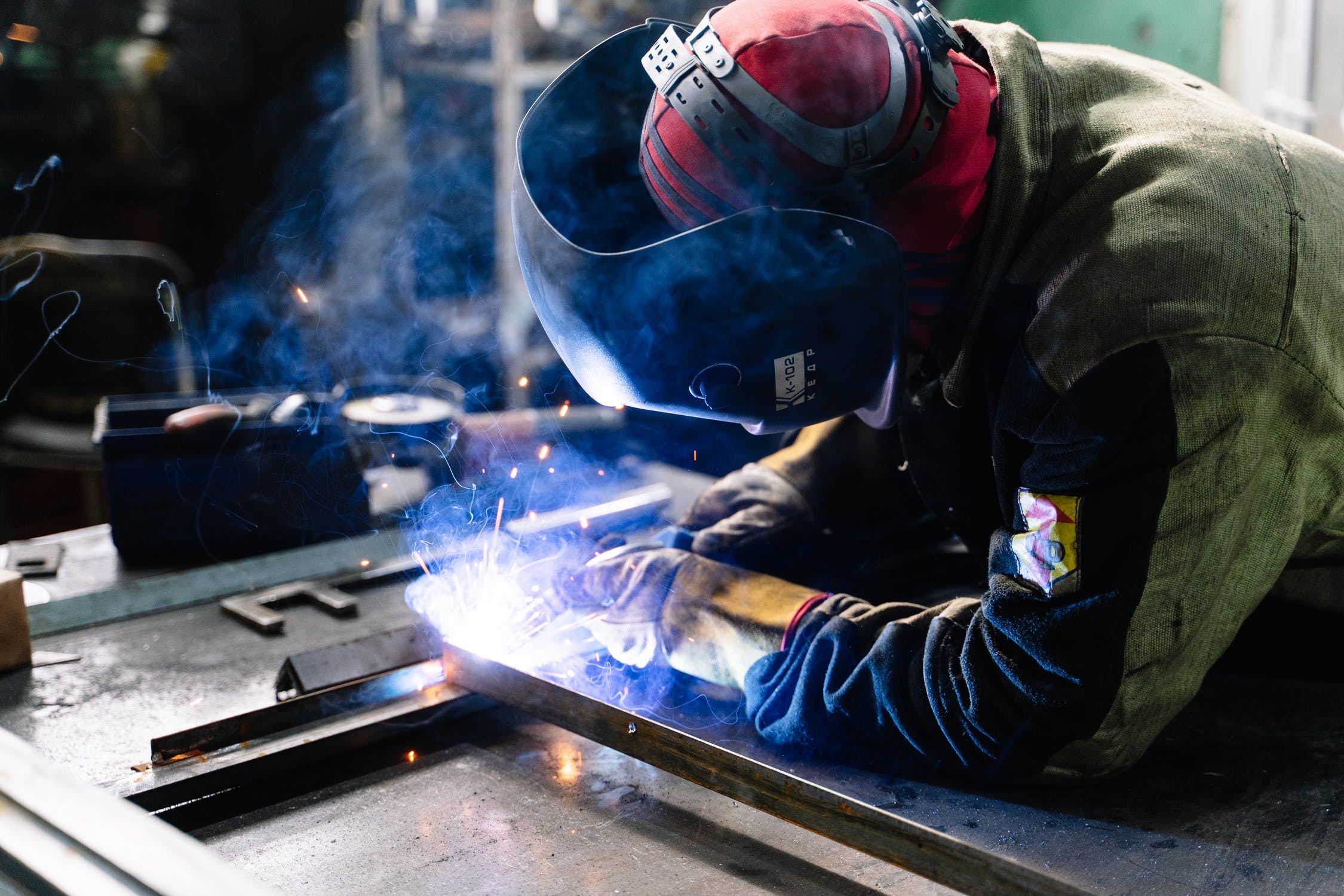If you’re interested in becoming a ‘tradie’, you need the right education and equipment to learn and master the different types of jobs that tradesmen are required to do. If you’re serious about becoming a tradesman, we also recommend you consider buying a tradie insurance policy. As tradesmen are often exposed to different dangers, it’s vital for you to protect yourself and protect your equipment that gets the job done.
In this post, we’ll concentrate on the equipment part and tell you about the most important equipment you have to invest in to start learning the ropes practically. So, without further ado, let’s get started!
1. Power drill
Power drills are among the most common equipment that tradesmen use. They can be used for a variety of purposes, but generally, they are used to drill holes in surfaces made of metal, plastic, wood, and more. They typically feature additional bits of various sizes that let tradesmen drill holes of different sizes. Some power drills also come with screwdriver attachments that can be used when there are quick assembly requirements.
2. Angle grinder
Angle grinders, also known as side grinders or disc grinders, rank among the most important tools in a tradesman’s arsenal. Those who have to carry out metal fabrication jobs such as grinding, cutting, deburring, polishing and finishing simply can’t afford to go without an angle grinder. Generally, angle grinders are electricity-powered. Smaller angle grinders meant for light applications can be battery-powered. However, angle grinders for heavy-duty use are typically corded. If you want professionals to handle various metal fabrications and cutting jobs for you, contact Naimor Laser Cutting.
3. Tape measure
Tradies need to get their measurements right for their jobs to be accurate and effective. That’s why they need high-quality tape measures. Tape measures are available in a variety of materials such as metal, plastic, cloth, or fibreglass. Metal tape measures are the most durable and are recommended for budding tradesmen who are learning heavy applications. However, for lighter applications, plastic, cloth, or fibreglass tape measures are recommended, as they are also more affordable than their metal counterparts.
4. Screwdriver
Most tradesmen own several screwdrivers for a distinct array of applications. At present, the following types of screwdrivers in the market are the most popular among tradesmen in Australia:
Slotted screwdrivers: These are also known as straight, flat blade or flathead screwdrivers. These screwdrivers were once extremely popular among tradesmen, but with the coming of new types of screwdrivers, their popularity has gone down.
Torx screwdrivers: These screwdrivers are a must-have for tradesmen who work in the field of security and appliance manufacturing.
Phillips: These screwdrivers are probably the most common screwdriver type to be used in today’s times and can be used in almost all fields of work by tradies.
Hex: Tradesmen who have to work in the furniture and bike maintenance industries typically use this screwdriver type.
Robertson: This screwdriver is commonly used in the furniture and automotive industries.
While it’s not necessary for you to buy all these screwdriver types, you should definitely buy one that can be used accurately for the type of work you’re learning. You can research about more screwdriver types online to pick one that best suits your line of work.
5. Pliers
Pliers can be used for a wide range of applications, with the most common ones being holding wires in place and bending them. Pliers are available in different types, such as:
Hose clamp pliers: These are typically used to tighten connections and compressing spring and hose clamps.
Slip joint pliers: These pliers are used for cutting soft nails and wires, looping, and crimping metal.
Tongue and groove pliers: These pliers are used for a variety of plumbing applications and turning large bolts and nuts.
Needle nose pliers: These pliers are mostly used for applications like fishing, jewellery making, electrical work, and twisting and bending wire.
Bent nose pliers: These pliers are mainly used for electrical work and jewellery making.
Like screwdrivers, the pliers you have in your locker should be chosen according to the applications you’re learning.
6. Sanders
When working with wood, smoothing often becomes necessary, and sanders offer a great way to smoothen wood. Handheld models that work manually are good for small surfaces, but if you have to smoothen large wooden surfaces rapidly, you’d be better off with electric versions.
7. Jigsaw
For accurate cutting of a wide variety of materials such as ceramic, plastic, metal, wood, and more, jigsaws are incredibly handy tools. This multi-functional tool can cut either straight or curved sections depending on the application.
Conclusion
Being a tradesman or ‘tradie’ is incredibly rewarding in Australia, as there is always a high demand for people who carry out electrical and plumbing works and more. Even though the life of a tradie is much more challenging than that of a professional who works a 9 – 5 job, it ultimately is one where there’s never a worry of being out of work.

